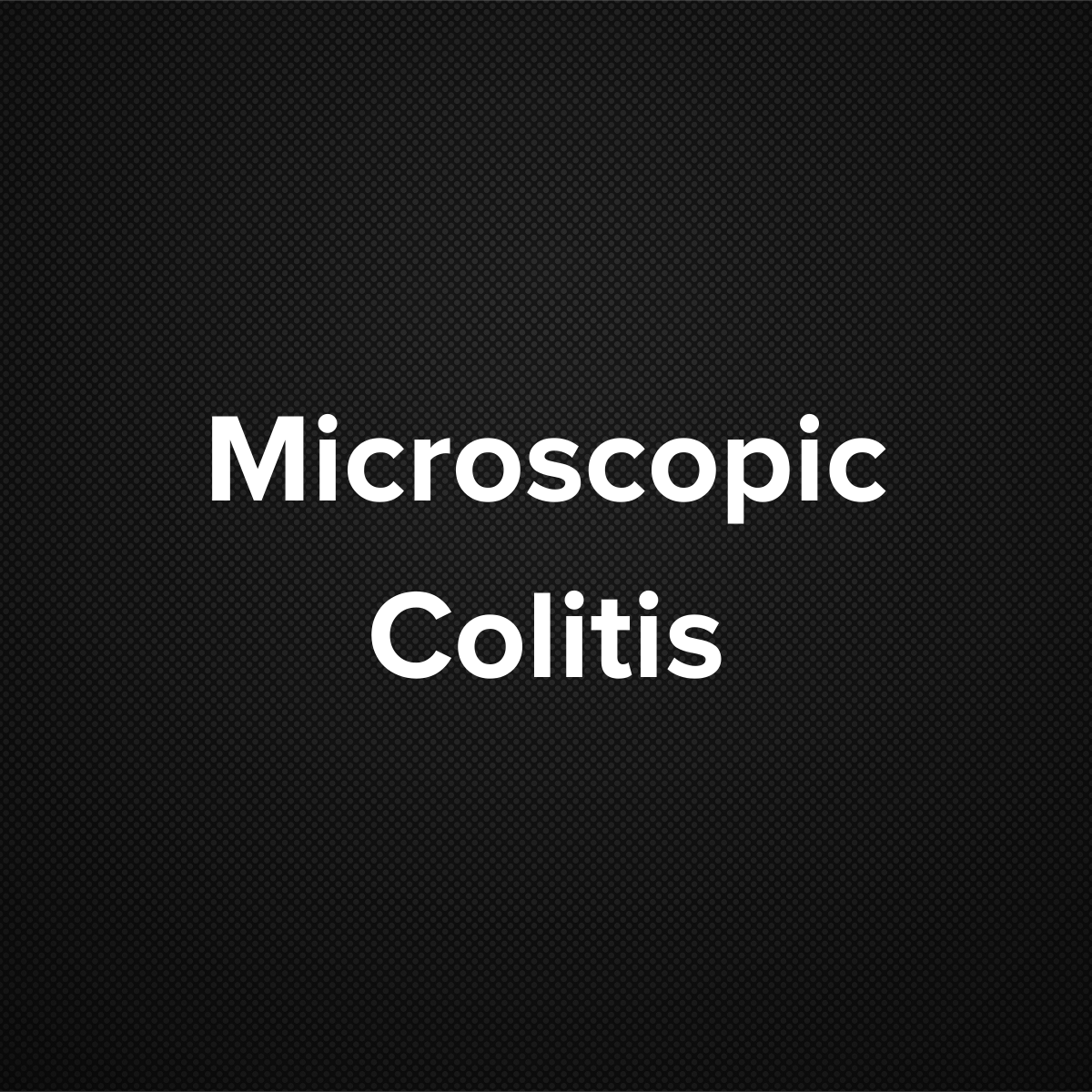Causes and risk factors
The exact cause is not known. It is believed that possible factors such as medications that irritate the colon, toxins produced by bacteria, viruses that trigger the inflammation, autoimmune disease like celiac disease, rheumatoid arthritis can cause microscopic colitis. Bile acid malabsorption is also a factor leading to the disease. The disease can also be genetically inherited. Age between 50 to 70 years, being a female and smoking are the associated risk factors.
Clinical presentation
Patient presents with strong urgency to pass the stool, severe watery diarrhoea, faecal incontinence. There is bloating in the abdomen, severe abdominal cramps, nausea. Dehydration and loss of weight can also be seen.
Investigation
Medical history by the patient and Clinical examination by the doctor helps in diagnosis. Routine blood tests, stool examination is recommended. Imaging studies such as colonoscopy, CT scan, MRI, upper GI series may be useful for further evaluation. Sigmoidoscopy with biopsy confirms the diagnosis.
Treatment
Treatment involves medications like anti diarrhoeal medicines, anti inflammatory drugs, antibiotics, analgesics. Steroids help in reducing inflammation and reduces activity of immune system. Nutrition by intravenous route will help in managing the patient of microscopic colitis. Further treatment consist of following a diet plan such as low fat, low fibre, milk free diet, avoiding caffeine or artificial sugars, intake of plenty of water to combat dehydration. Severe cases require surgical intervention i.e. removal of entire colon.
Other Modes of treatment
The other modes of treatment can also be effective in treating microscopic colitis.
Homoeopathy is a science which deals with individualization considers a person in a holistic way. This science can be helpful in combating the symptoms. Similarly the ayurvedic system of medicine which uses herbal medicines and synthetic derivates are also found to be effective in treating microscopic colitis.






























